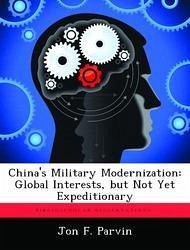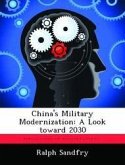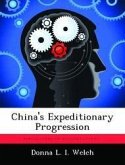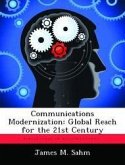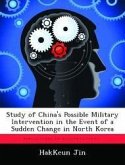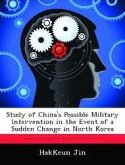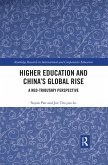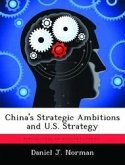The People's Republic of China has experienced massive economic growth over the last twenty years, which has provided greater resources to counter threats to its security, both internally and externally. China has used part of this newfound wealth to conduct a comprehensive modernization program for their armed forces, developing capabilities to counter these security threats. However, this economic growth has increasingly tied China to external sources of energy and resources. This external resource dependence has led to security concerns outside the People's Liberation Army's (PLA) traditional focus on territorial integrity and national unity. As some of the most pressing concerns are external to China, it is important to understand the expeditionary capabilities the PLA is gaining through their modernization program. This study seeks to evaluate China's ability to address growing external security threats and concerns. First, the study develops a functional definition for expeditionary operations and identifies evaluation criteria that are both functional and specific for China. The study then ascertains Chinese security concerns that may require expeditionary capabilities to address. China's military modernization program is examined in light of these security concerns, focusing on those improvements or shortcomings that affect China's ability to project power successfully. The study uses four evaluation criteria from Marine Corps doctrine -- Tailored Force, Rapid Deployment, Forcible Entry, and Sustainment. A fifth criterion of Prestige is added to construct a PLA specific model. This study evaluates China's ability to react to external threats to its security with an expeditionary force based on these five criteria. Although China's military modernization has improved their military capabilities, the focus on internal security continues to hinder the PLA's ability to react to external threats. While marginally improving their ability to project power, most of
